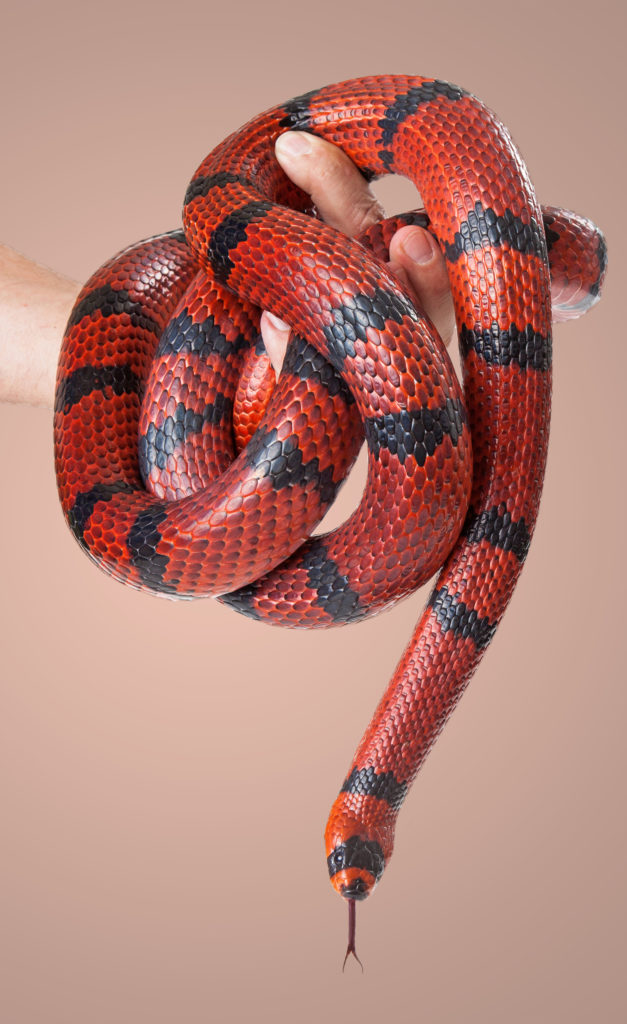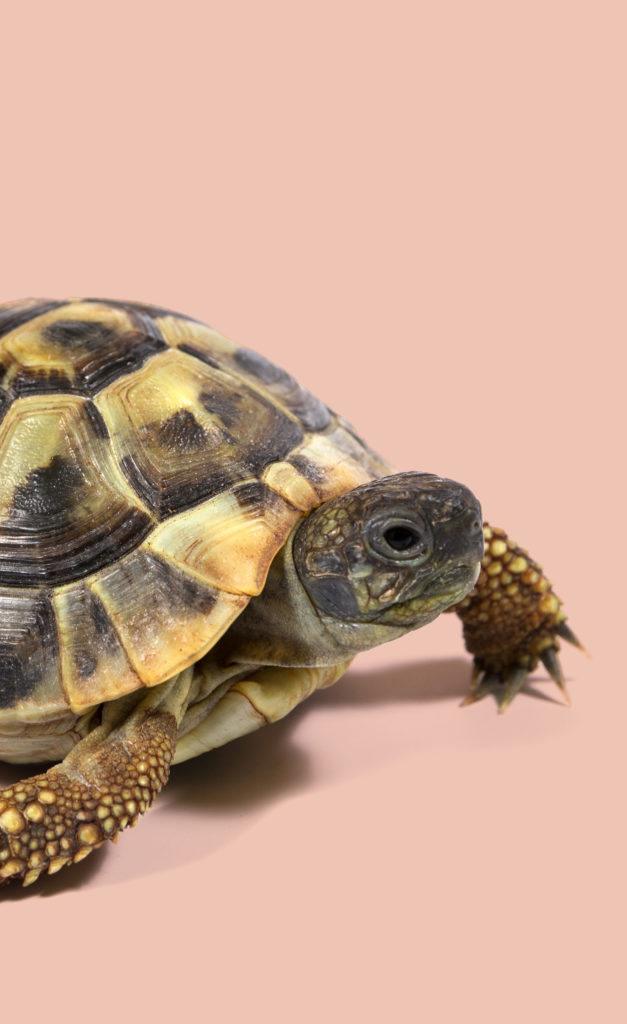Reptile Care
Some of the main things your snake needs for a healthy life include:
- Proper diet
- A spacious, well-ventilated enclosure that is cleaned regularly
- Ceramic heat lamps
- A fogger or moisture system
- Full-spectrum lighting
We recommend seeing your pet snake in Fort Worth, TX at least once a year for their physical exam, and to answer any questions you have about their care and health. You should also keep a close eye on your snake’s behavior, weight, and eating habits and let us know if you observe any changes. If they are sick, we want to treat them as soon as possible.


Our Fort Worth, TX exotic veterinarians can perform thorough wellness exams and other treatments for bearded dragons, leopard geckos, and chameleons. We prefer to see your lizard at least once a year for a checkup.
Our recommendations for keeping them happy and healthy at home include:
Bearded Dragons
- An aquarium enclosure that is at least 3 times the length of an adult bearded dragon
- UVB and UVA light
- At least two places for your bearded dragon to hide
- Proper nutrition that includes insects and plant matter (gut-loaded insects and calcium/vitamin dusting)
- Temperature gradient throughout the enclosure
Leopard Geckos
- A 20- to 30-gallon long aquarium with small branches for climbing
- About 2 hours of UVB exposure per day
- Proper temperature (80-90 degrees F during the day, and 5-10 degrees cooler during the night)
- A diet consisting of various invertebrates, such as crickets, roaches, super worms, and hornworms every other day
Chameleons
- A spacious, well-ventilated terrarium
- Access to direct sunlight and a UVB and UVA bulb
- A basking area in the enclosure that is about 85-95 degrees F during the day, and 10 degrees cooler during the night
- Diet consisting of roaches, crickets, and various worms
Your turtle should see us annually for their wellness exam. Let us know if you observe any changes in their health or behavior at home, such as loss of weight, loss of appetite, and unusual behaviors.
Aquatic Turtles
Aquatic turtles should have the following in order to thrive:
- A diet that is 50% vegetable matter and 50% animal matter
- Food dusted with calcium carbonate
- Box turtle soft pellets diet
- Ceramic heat lamps to provide light and warmth for basking
Tortoises
Our habitat and nutrition recommendations for tortoises include:
- A diet of leafy greens and vegetables
- Calcium carbonate supplement
- An outdoor enclosure with good sun exposure
- A warm area for basking


